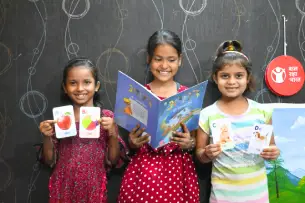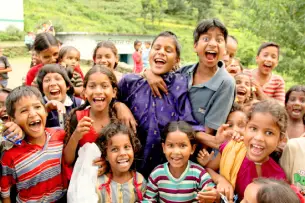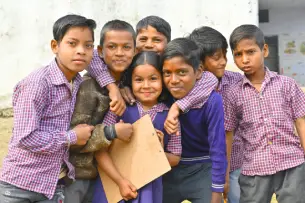
A Complete Guide to Your Child’s Immunization Schedule
Vaccination teaches the immune system how to defend itself before danger arrives. For parents, the schedule of these small injections…
Read More
Essential safety tips for families during earthquakes
In a country like India, situated across multiple seismic belts, tremors are not distant possibilities. They are eventualities; in fact,…
Read More
Explore Practical Ways to Prevent and Address Cyberbullying
The rise of the internet across the globe has also triggered an increase in cyberbullying. Cyberbullying is rising globally due…
Read More
Common Social Barriers Preventing Girls from Attending School
A girl child’s education is a vital way to change society. In India, more and more people are realising that…
Read More
Why Child-Centered Education Is the Future of Learning
From Chalkboards to Choice: Why Child Centered Education Is the Way Forward Education is the backbone of a child’s overall…
Read More
Understanding the Empowerment of Adolescent Girls With ARSH Initiatives
From Awareness to Empowerment: The Role of ARSH in Supporting Adolescent Girls Adolescence, a stage where dreams take flight and…
Read MoreExplore more Resources
Ready to brush up on something new? We've got more to read right this way.






